In Consider This book summary, we explore key themes from Nedra Glover Tawwab’s “Consider This: Reflections for Finding Peace,” which examines the interconnected realms of self-awareness, relationships, and intentional living.
In the book, Tawwab emphasizes the importance of self-awareness, healthy boundaries, mindful communication, and intentional living as pathways to cultivate inner peace and navigate life’s complexities with greater clarity and purpose.
Embracing the Power Within: Self-Awareness and Self-Care
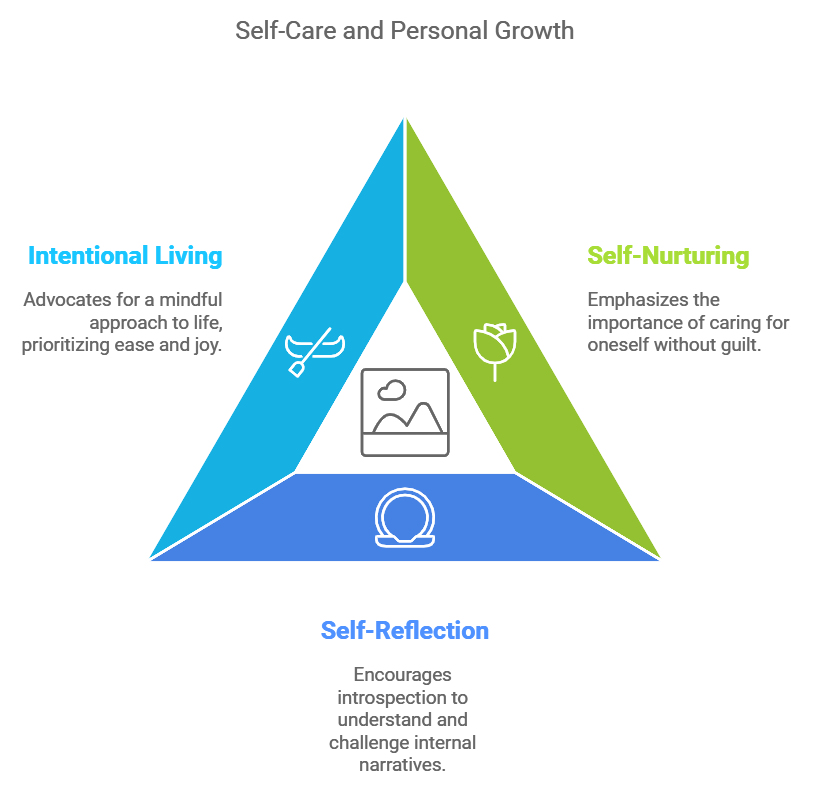
The author emphasizes the importance of cultivating self-awareness as a foundation for personal growth and well-being. Tawwab highlights the significance of paying attention to our internal experiences – our thoughts, feelings, and bodily sensations – as valuable author of information about ourselves.
She encourages readers to reflect on their likes and dislikes, emotional responses to different people, personal growth, and areas where change is needed. This inward focus allows us to gain a deeper understanding of our needs, values, and patterns, paving the way for intentional choices that align with our authentic selves.
“Each relationship is unique. People are not the same. If you apply a one-size-fits-all approach to your relationships, someone isn’t getting what they need.”
The author also stresses the importance of prioritizing self-care, not as a luxury but as a necessity. Tawwab challenges the notion that self-nurturing is selfish, suggesting that it is often those who neglect their own needs who project this belief onto others.
She encourages readers to engage in activities that replenish their energy and bring them joy, recognizing that when we show up for ourselves with care and compassion, we are better equipped to show up for others as well.
Navigating the Landscape of Relationships: Setting Boundaries and Communicating Clearly
The author underscores the vital role of boundaries in fostering healthy and fulfilling relationships. Tawwab defines boundaries as limits we set to protect our physical, emotional, and mental well-being.
She encourages clear and direct communication of these boundaries, even when it may lead to discomfort or pushback from others. The author reminds us that we cannot control others’ reactions but we can control our own responses.
“Nurture yourself as you would a small child… You never outgrow needing tender love, but perhaps you stopped receiving it. Give it to yourself now.”
Tawwab challenges the tendency to overexplain, often rooted in people-pleasing and a desire to soften the blow of potentially upsetting information. She advocates for simple and concise communication, trusting that others can manage their own emotions. The author provide examples of brief yet powerful phrases for asserting boundaries and expressing needs effectively.
Tawwab emphasizes the importance of allowing others the freedom to choose how they respond to our boundaries, acknowledging that not everyone may be pleased with our decisions.
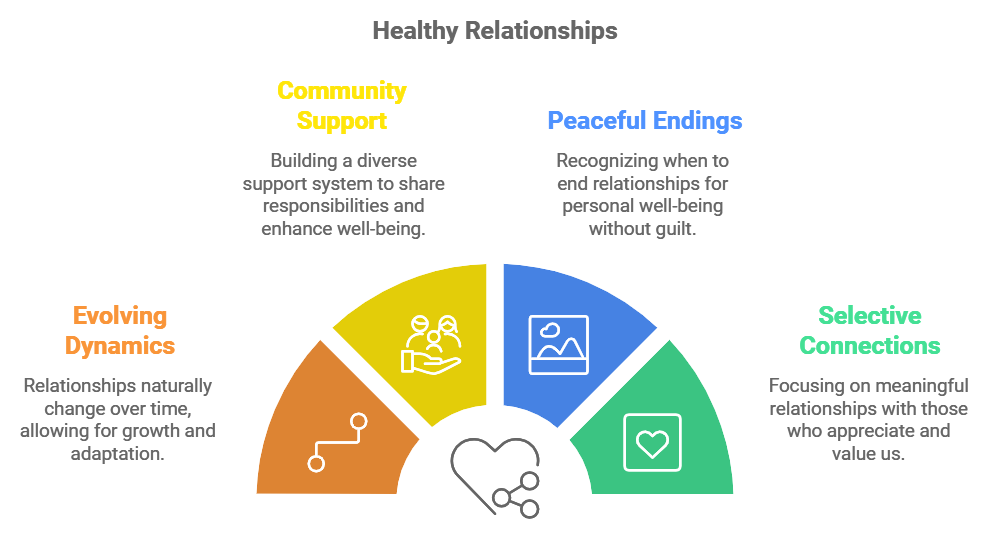
Cultivating Mindful Communication: Listening Deeply and Choosing Words Wisely
Beyond clear communication, the author emphasizes the importance of mindful communication – both speaking and listening with intention and awareness. Tawwab encourages us to move beyond surface-level interactions and engage in deep conversations that foster genuine connection. She reminds us that the quality of our communication matters more than the quantity, advocating for less small talk and more meaningful sharing.

The author highlights the significance of active listening, resisting the urge to jump in with advice or solutions. Instead, Tawwab suggests focusing on truly hearing and understanding the other person’s perspective. She reminds us that we are not mind readers and that assuming we know how others feel or what they need can lead to misunderstandings and conflict.
“You deserve to be loved when you’re still learning to love yourself. A lack of self-love doesn’t mean that you shouldn’t be loved by others.”
Embracing Imperfection and Letting Go of Control
The author encourages a shift in perspective, urging readers to embrace imperfection and relinquish the illusion of control. Tawwab highlights the futility of striving for perfection, noting that such pursuits often lead to chronic discontent. She reminds us that we cannot be great at everything and that acknowledging our limitations is a necessary part of being human.
Tawwab also encourages readers to recognize the power of narratives – the stories we tell ourselves and others about our experiences. She cautions against unhelpful narratives that limit our potential or distort our understanding of reality. The author suggests questioning the validity of these stories, examining their origins, and exploring alternative narratives that empower us to take ownership of our lives.
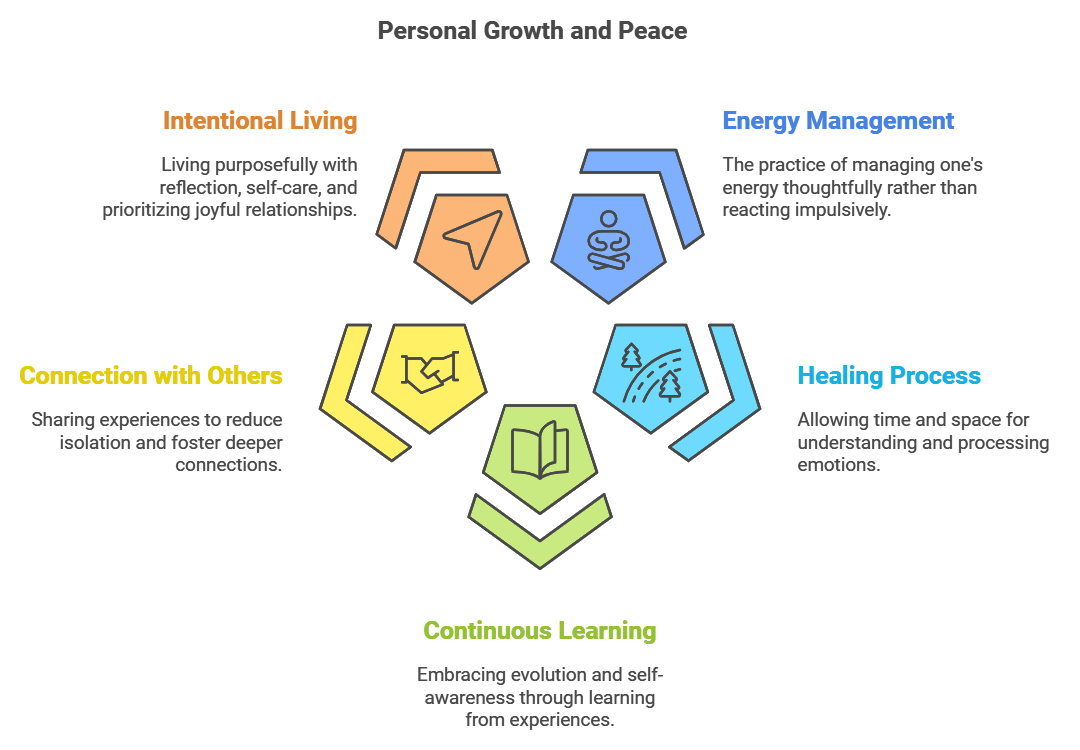
Living Intentionally: Prioritizing What Matters and Choosing Our Response
The author encourages readers to move beyond simply existing and embrace a life of intentionality. Tawwab highlights the importance of slowing down in a fast-paced world, prioritizing what truly matters, and choosing our response to life’s challenges. She suggests evaluating our commitments, distinguishing between necessary and optional choices, and learning to say no to things that deplete our energy or detract from our well-being.
“Accepting that some people won’t like you no matter how great you are or how much you try is a freedom you must experience.”
Tawwab reminds us that time is a finite resource and encourages readers to “subtract as [they] add.” She suggests that as we take on new roles or commitments, we must be willing to let go of others to avoid spreading ourselves too thin.
“Things are hard to say when speaking up is tethered to consequences. Be kind to yourself when you struggle to say hard things.”
One of the favorite takeaways from the book is the idea that we don’t have to be perfect to be worthy of love. So many of us get caught up in trying to present a certain image to the world, to appear as if we have it all together. Tawwab reminds us that it’s okay to be imperfect, to make mistakes, and to still deserve love and connection.
All in all, “Consider This” is a gentle but powerful reminder to prioritize our own well-being, to communicate our needs clearly, and to embrace the messy, imperfect beauty of our lives. This book is a good read for anyone seeking a greater sense of peace and fulfillment.
Want to buy this book? Click on the link below to purchase a copy on Amazon.com
The Smart Owl Book Digest is a participant in the Amazon Services LLC Associates Program, an affiliate advertising program designed to provide a means for sites to earn advertising fees by advertising and linking to amazon.com.
Liked Consider This book summary? Read other book summaries here
You may also enjoy:
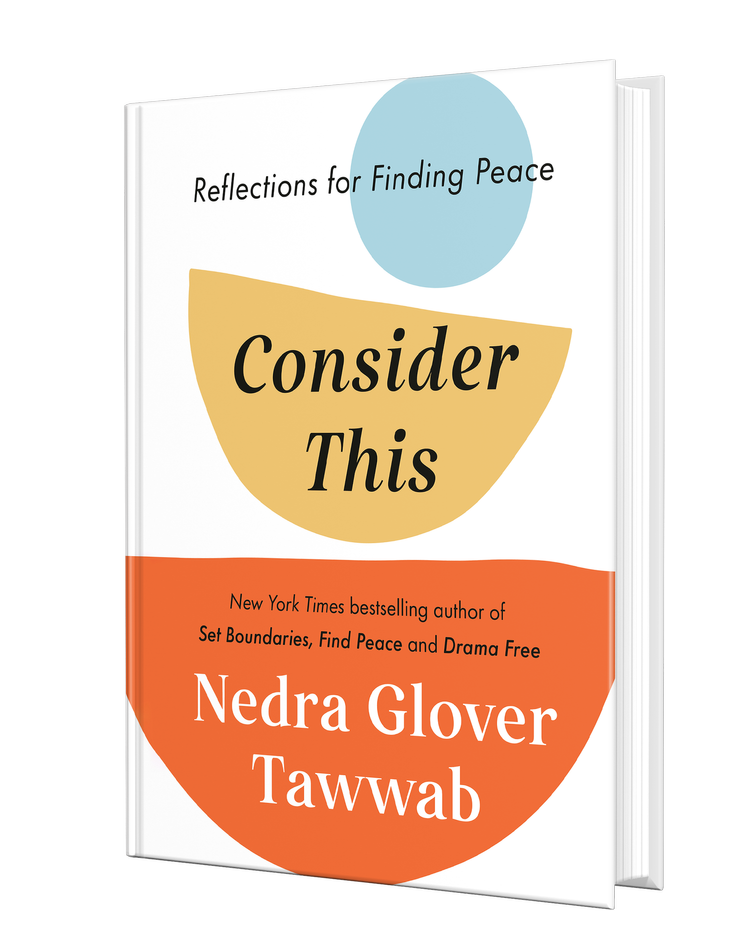

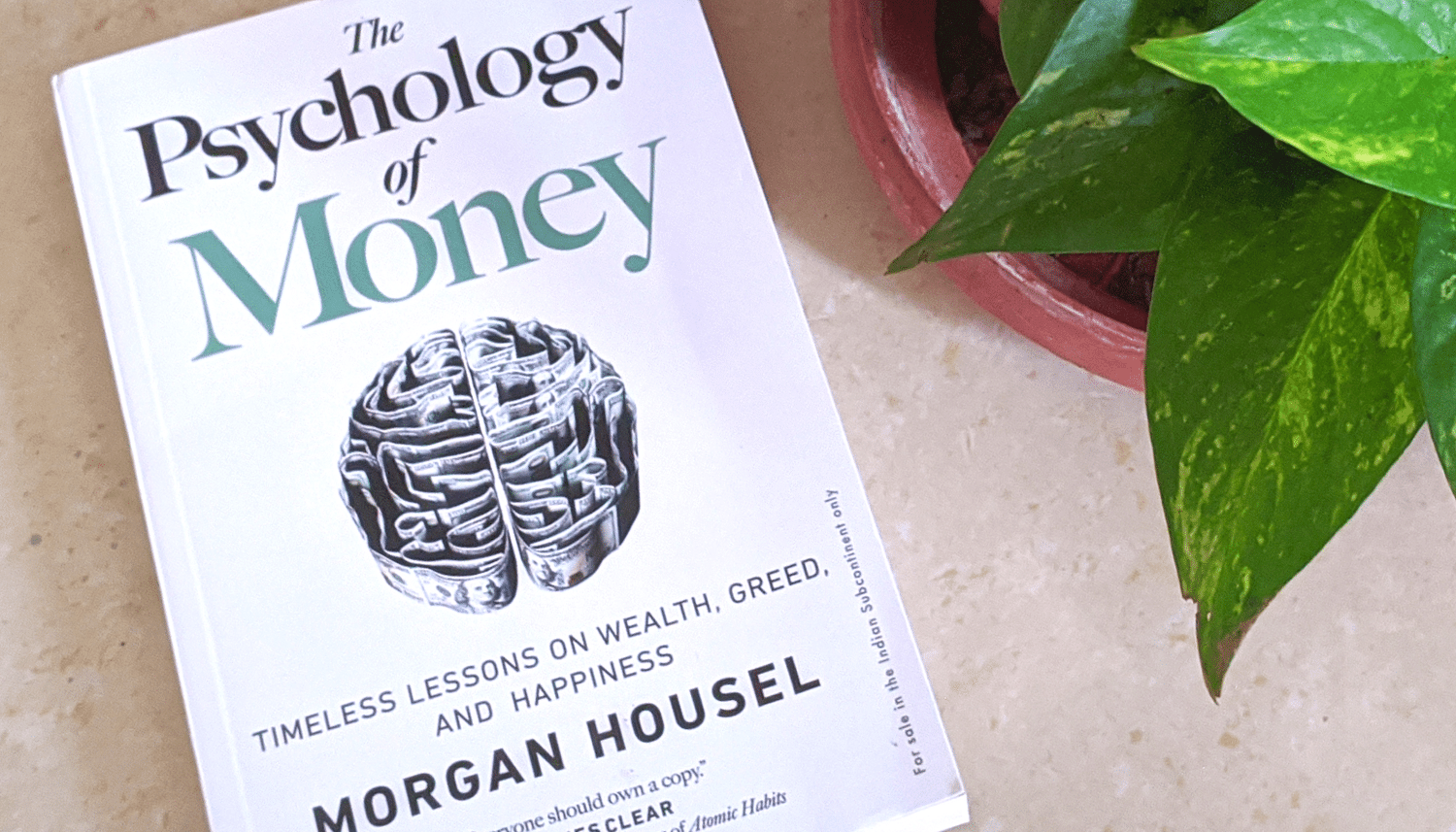
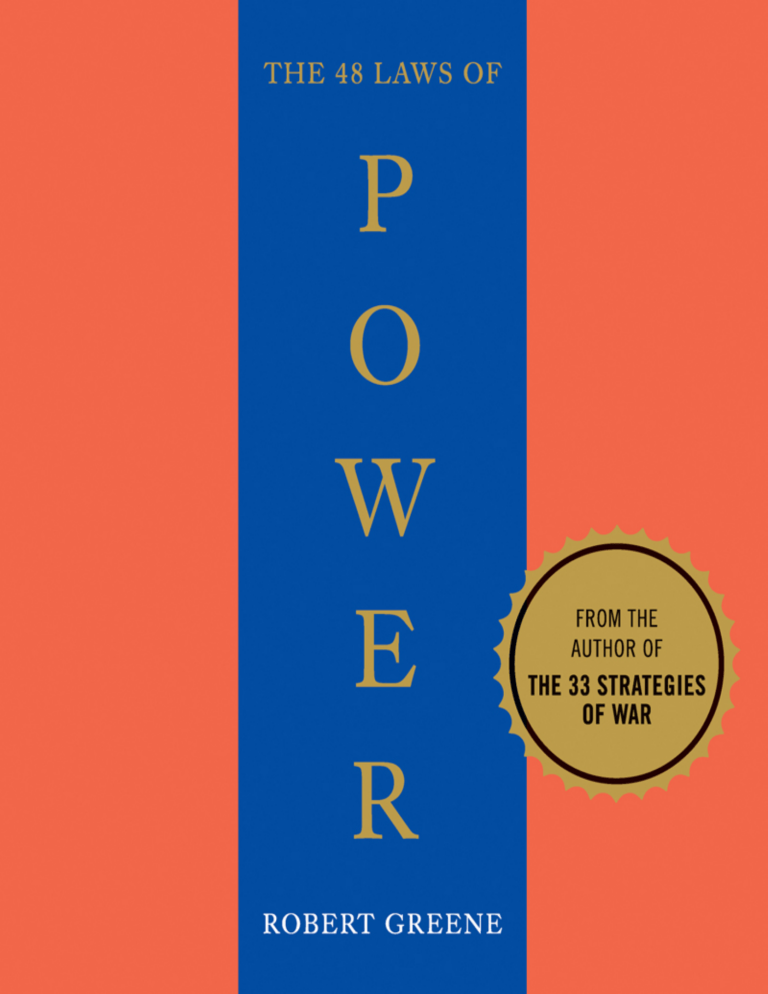




Leave a Reply